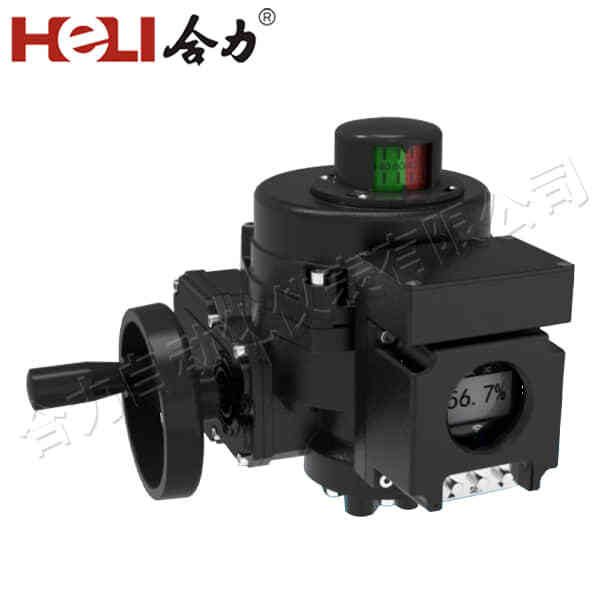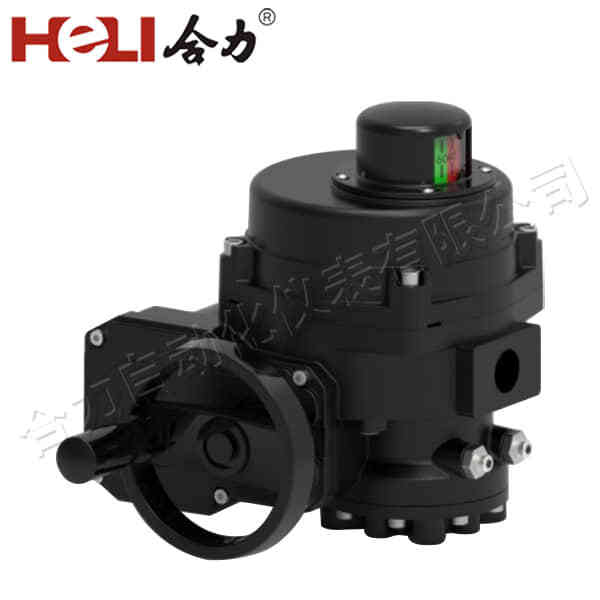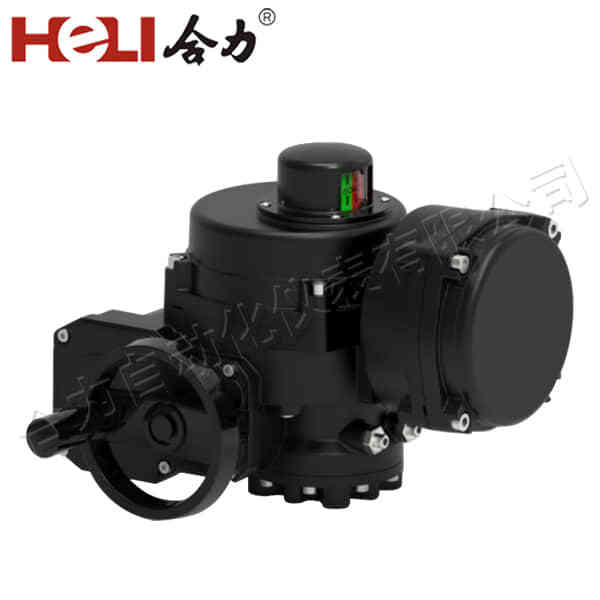Electric actuators have become an indispensable component in various industries, revolutionizing the way mechanical movement is controlled and integrated into automation systems. These devices convert electrical energy into mechanical movement, offering precise, reliable, and efficient motion control in numerous applications. From industrial machinery to home automation, electric actuators are making an impact in diverse fields, contributing to higher performance and greater convenience. In this article, we will explore the fundamentals of electric actuators, their types, and applications.

What is an Electric Actuator?

An electric actuator is a mechanical device that uses electric energy to create linear or rotary motion. In essence, these actuators serve as the driving force that moves or controls a mechanical system. Electric actuators rely on an electrical signal, typically from a control system, to initiate the movement. They convert electrical power into mechanical work, which can be used to control processes or perform tasks. Unlike hydraulic or pneumatic actuators, which rely on fluids or gases to generate motion, electric actuators offer several distinct advantages, including ease of control, minimal maintenance, and cleaner operation. This makes them ideal for applications requiring high precision and clean, efficient energy use.

Leave a Reply
You must be logged in to post a comment.